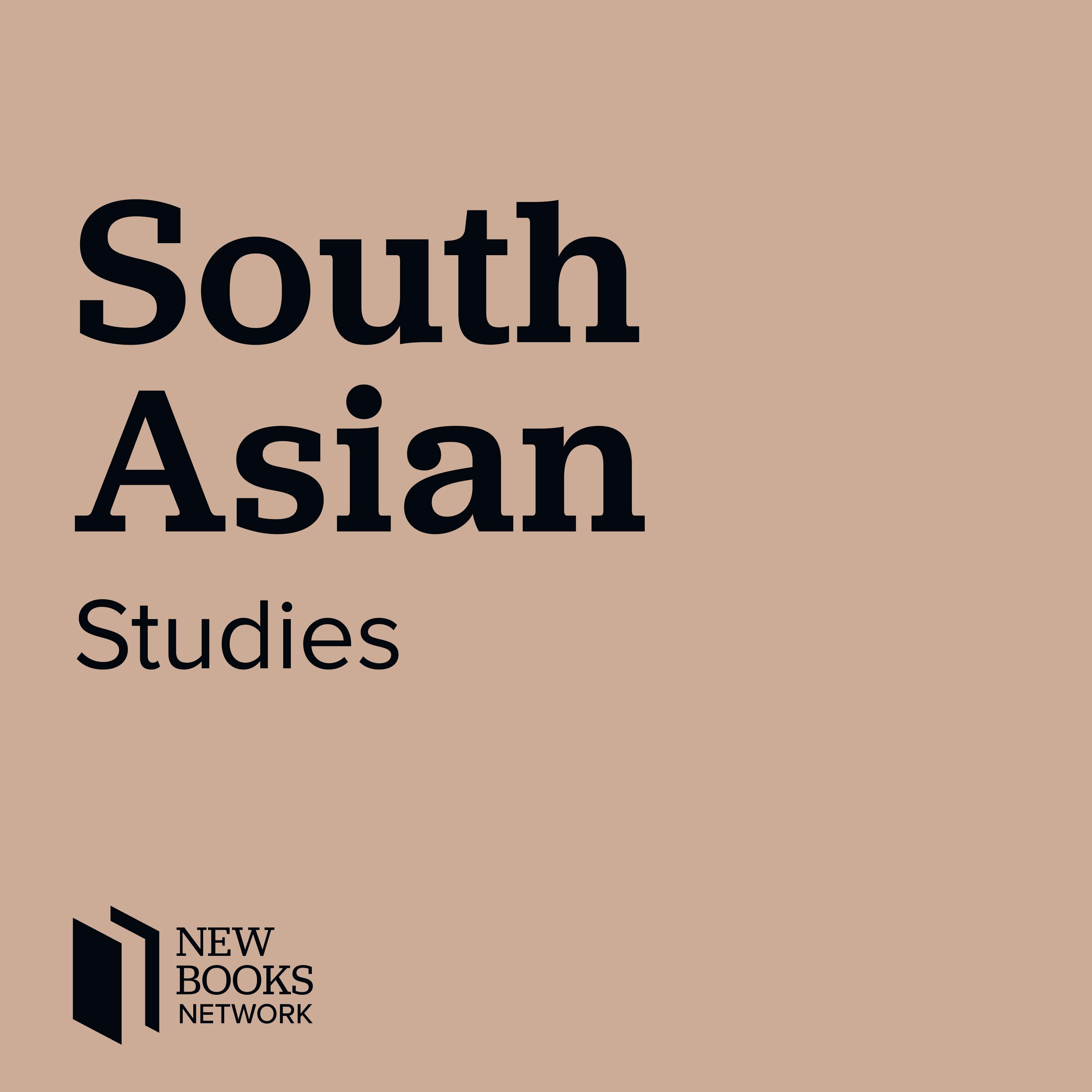Michael Ortiz, "Anti-Colonialism and the Crises of Interwar Fascism" (Bloombury, 2023)
Description
What is fascism? Is it an anomaly in the history of modern Europe? Or its culmination?
In Anti-Colonialism and the Crises of Interwar Fascism (Bloomsbury, 2023), Dr. Michael Ortiz makes the case that fascism should be understood, in part, as an imperial phenomenon. He contends that the Age of Appeasement (1935-1939) was not a titanic clash between rival socio-political systems (fascism and democracy), but rather an imperial contest between satisfied and unsatisfied empires.
Historians have long debated the extent to which Western imperialisms served as ideological and intellectual precursors to European fascisms. To date, this scholarship has largely employed an “inside-out” methodology that examines the imperial discourses that pushed fascist regimes outward, into Africa, Asia, and the Americas. While effective, such approaches tend to ignore the ways in which these places and their inhabitants understood European fascisms.
Addressing this imbalance, Anti-Colonialism adopts an “outside-in” approach that analyses fascist expansion from the perspective of Indian anti-colonialists such as Jawaharlal Nehru, Subhas Bose, and Mohandas Gandhi. Seen from India, the crises of Interwar fascism-the Second Italo-Ethiopian War, Spanish Civil War, Second Sino-Japanese War, Munich Agreement, and the outbreak of the Second World War-were yet another eruption of imperial expansion analogous (although not identical) to the Scramble for Africa and the Treaty of Versailles.
This interview was conducted by Dr. Miranda Melcher whose forthcoming book focuses on post-conflict military integration, understanding treaty negotiation and implementation in civil war contexts, with qualitative analysis of the Angolan and Mozambican civil wars.
Learn more about your ad choices. Visit megaphone.fm/adchoices
Support our show by becoming a premium member! https://newbooksnetwork.supportingcast.fm/south-asian-studies
More Episodes
As developing states adopt neoliberal policies, more and more working-class women find themselves pulled into the public sphere. They are pressed into wage work by a privatizing and unstable job market. Likewise, they are pulled into public roles by gender mainstreaming policies that developing...
Published 05/03/24
Mirabai, an iconic sixteenth-century Indian poet-saint, is renowned for her unwavering love of God, her disregard for social hierarchies and gendered notions of honor and shame, and her challenge to familial, feudal, and religious authorities. Defying attempts to constrain and even kill her, she...
Published 05/02/24
The Indian state of Kerala is one of the largest blocs of migrants in the oil economies of the Arab Gulf.
Looking closely at the cultural archives produced by and on the Gulf migrants in Malayalam -- the predominant language of Kerala -- The Gulf Migrant Archives in Kerala: Reading Borders and...
Published 05/01/24


